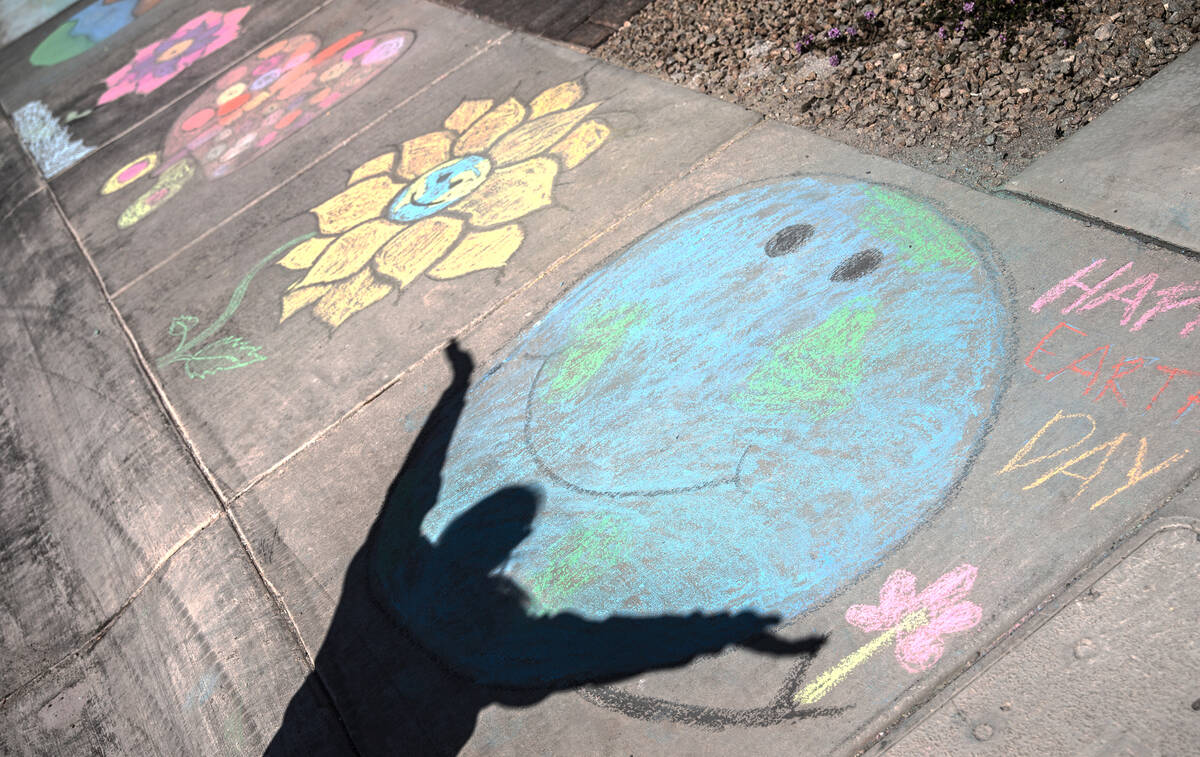VICTOR JOECKS: Without fossil fuels, Earth Day wouldn’t exist
If not for fossil fuels, Earth Day wouldn’t exist.
Friday is Earth Day, which focuses on the need to protect the environment. In general, there’s widespread agreement about that. Dumping chemicals into rivers and smog aren’t very popular. The national parks system preserves some of the most incredible handiwork of God’s creation.
As a personal aside, my wife and I have a goal of visiting all of the national parks together. Email me if you have one you especially enjoy or if you know of something in a park that’s a hidden gem. My oldest son and I, with a friend and his son, visited some of Arizona and Utah’s incredible sites last summer. The breathtaking views in Canyonlands were probably my favorite.
Back to Earth Day.
A large focus of this observation these days is the evils of fossil fuels and the need to reduce their usage. The Earth Day website includes a section on climate change. It warns that “we have just over a decade to halve our emissions to avoid the most devastating impacts of climate change.” It even encourages people to change how they travel and eat in order to limit carbon emissions.
“Your food’s carbon footprint, called its foodprint, is the greenhouse gas emissions produced by growing, harvesting, processing, transporting, cooking and disposing of the food we eat,” the Earth Day site says.
A statement such as that should make it obvious that much of environmentalism is a luxury of wealthy nations.
The United Nations estimates that between 720 million and 811 million people didn’t have enough food to eat in 2020. That’s around 10 percent of the world’s population. Starving people don’t care about their “foodprint” or what’s going to happen to the world in 2030. They care about finding their next meal. Tragically, around 9 million people each year die from hunger.
Food isn’t the only thing people need before they have the capacity to care about the long-term condition of the environment. They need clean water, shelter, clothing, education and economic security. Just look at how rising inflation in the United States — the wealthiest large country in the world — is crowding out environmental issues in polling.
They also need time. If the daily chores of your family’s life took up your entire day, there would be no time for environmental concerns that may not manifest for years.
Technological advances have resolved most of these issues in wealthy countries such as the United States. The lightbulb allows people to do things at night. That creates more time to work, read and play. Farmers produce more crops per acre. Dishwashers and washing machines save families hours of daily labor. Travel is faster than those living centuries ago could have dreamed possible. Phones allow you to communicate with anyone in the world.
But don’t miss what powered these improvements — fossil fuels. The availability of cheap, reliable energy makes possible everything on the list above and thousands of others things you take for granted.
That list includes Earth Day. Just don’t expect any environmental extremists to realize it.
Contact Victor Joecks at vjoecks@reviewjournal.com or 702-383-4698. Follow @victorjoecks on Twitter.



















